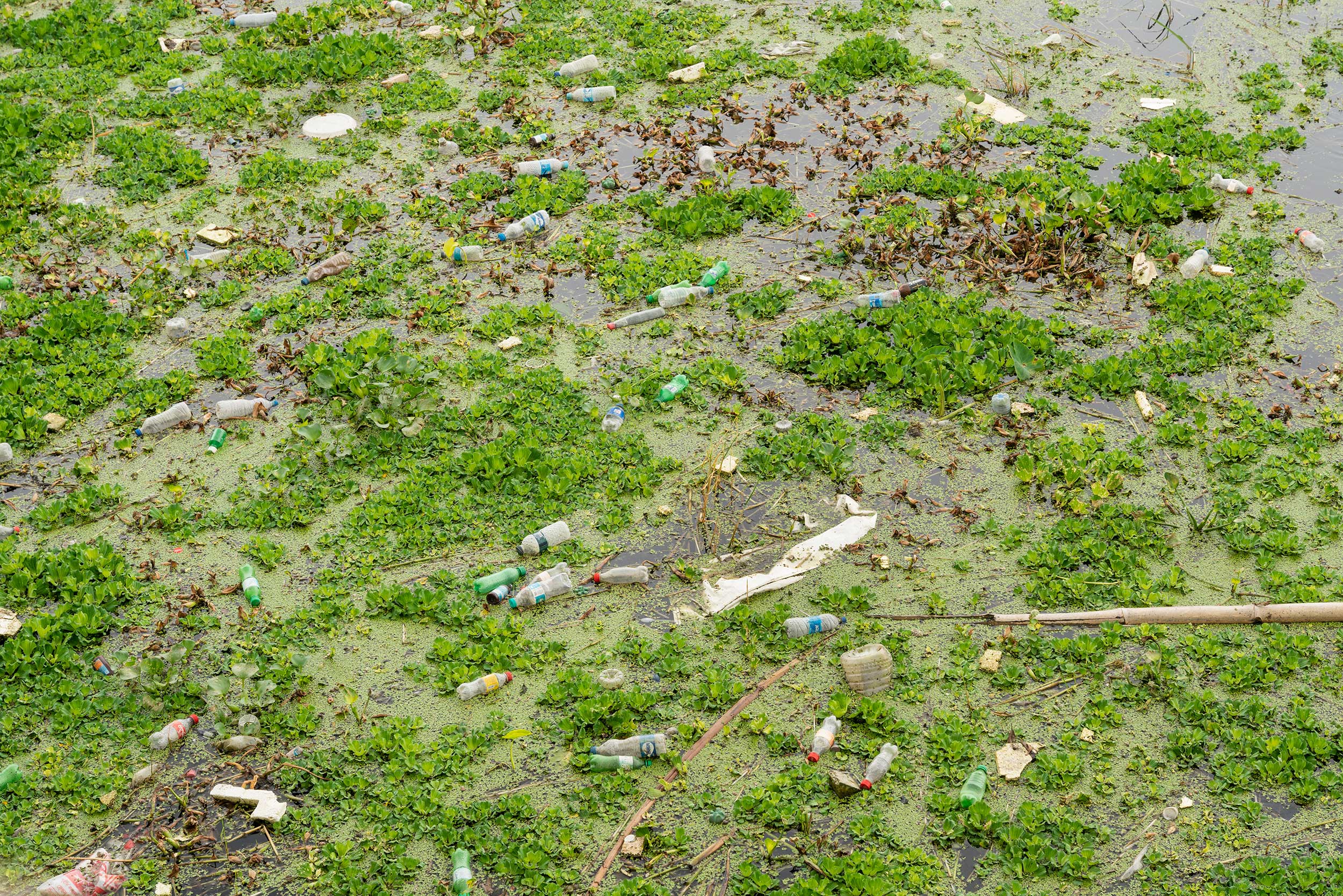A participatory approach for inclusive urban environmental management

What are Urban Living Labs?
Urban (Living) Labs bring together various stakeholders to co-develop innovative and inclusive solutions for urban challenges. As an experimental and participatory approach, rather than a physical place, the so-called labs promote the development of pilot projects that we can test, learn from, and upscale.
Read about the experience of the Liveable and Inclusive Cities for All (LICA) project with implementing Urban Living Labs in Bangladesh and get in touch with LICA to share your own experiences or questions!
Co-designing solutions for Urban Environmental Management
Urban Living Labs offer context-specific solutions. Within the scope of LICA, they will facilitate the design, implementation, and evaluation of pilot projects in the cities of Khulna, Satkhira, Rajshahi, and Sirajganj. Later, the learnings from the Urban Living Labs will be transferred into Urban Environmental Management models. As such, the labs are a foundational step to achieve LICA’s overall goal: To improve the institutional capacities of local and national governments for inclusive and climate-sensitive urban environmental management.
“A big challenge in my municipality is that there is no specific environment department to look after the environmental issues. Who will take the responsibility of looking after the environment? I as an urban planner have to look after the environmental issues” – Md. Anisur Rahman, Town Planner, Sirajganj Municipality
The pilot projects will address challenges regarding the management of green spaces, water bodies, and solid waste in an integrated and context-specific way. Where appropriate, digital approaches will be promoted. The Urban Living Labs will involve stakeholders from civil society, universities, and city administrations. The element of co-design and the participatory nature of the labs enable gender-sensitive and socially inclusive approaches, giving special attention to the needs of women and vulnerable population groups like children, adolescents, and climate migrants. The measures developed will not only increase the quality of life in the cities but also contribute to climate change mitigation, for example, through the reduction of solid waste.

What we’ve done so far
The first phase of the Urban Living Labs focused on research. It was carried out on behalf of LICA by the Center for Rural Development (SLE, Humboldt University of Berlin) in cooperation with the Bangladesh Agricultural University. The research phase entailed key informant interviews and focus group discussions as well as an analysis of available data, strategies, and existing initiatives. Using a participatory process, wards for the upcoming operational phase were selected in each partner city.
“A participatory approach is important because it gives ownership to the users. This is helpful for sustainable resource management. Also, it reduces the costs for management because the community takes responsibility. If we divide the ownership, the cost and responsibility for governance become shared” – Prof. Dr. Sadika Haque, Department of Agricultural Economics, Bangladesh Agricultural University
Our main takeaways from the research phase were that by considering existing strategies and initiatives in the cities we can create synergies and that by involving urban dwellers already in the research phase we can make the process sustainable. Through the research, we found that relevant directives for urban environmental management already exist in the cities but are not sufficiently implemented. Reasons for that are limited resources, the complexity of the problems, and communication gaps between civil society and authorities. Urban Living Labs can tackle these issues by bringing in resources through cooperation with the private sector, developing new perspectives on the problems, or establishing processes for better communication between the stakeholders. The research phase furthermore identified possible entry points for achieving multiple benefits. For example, one could build upon informal waste management structures to improve waste management and create formal employment.
What’s next?
The findings of the research phase serve as a starting point to design the implementation of the Urban Living Labs in a sustainable and inclusive way. In the operational phase, LICA will cooperate with Bangladeshi NGOs to select specific neighbourhoods in the wards and conceptualise, implement, monitor, and evaluate measures with various stakeholders in the four cities. Also, Urban Environmental Management Services models for upscaling and transfer will be developed.
We will share our experiences with these next steps in the next newsletter – stay tuned!
Link to Further Materials
Public website: Creating liveable and inclusive cities for all (LICA) – giz.de
Contact Person
Indira von Gierke
Key Buzzwords
Bangladesh, climate change, adaptation, sustainability, urbanisation, quality of life, participative, inclusive, gender-sensitive
